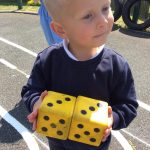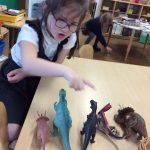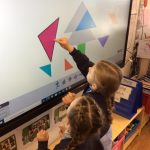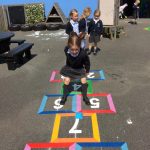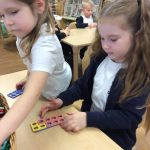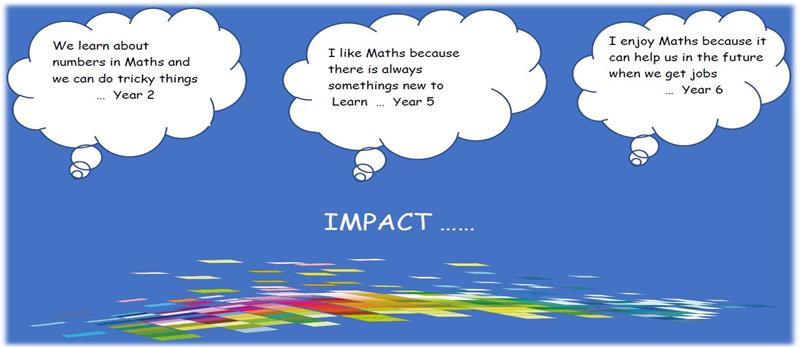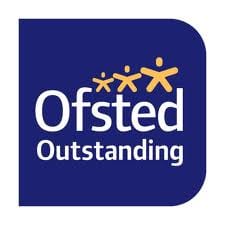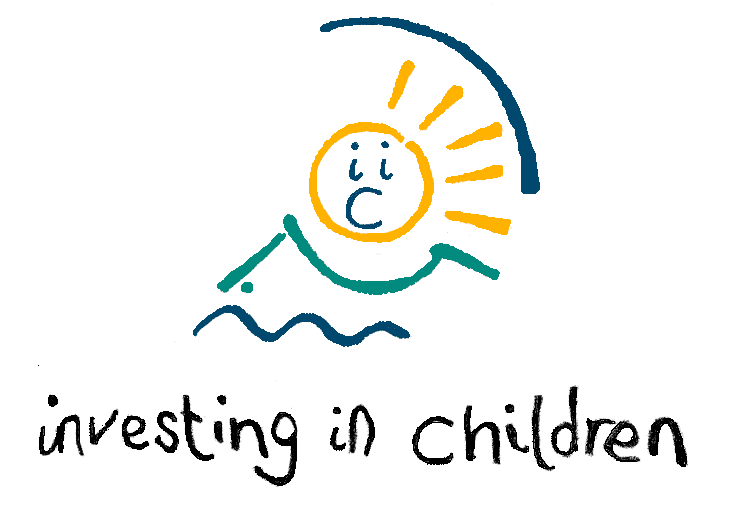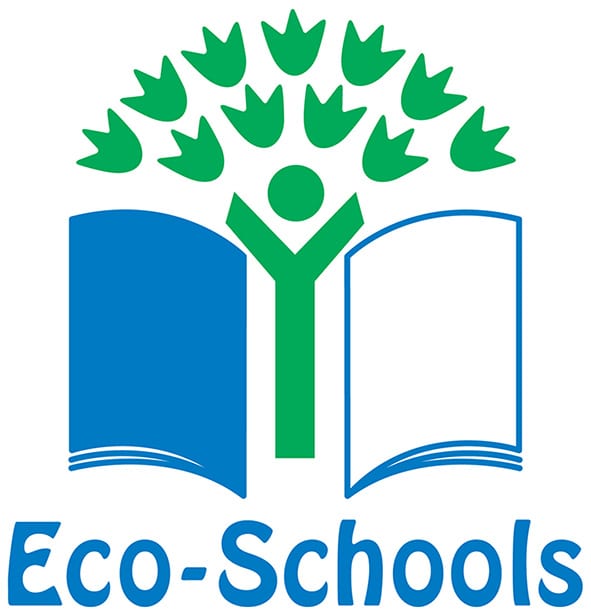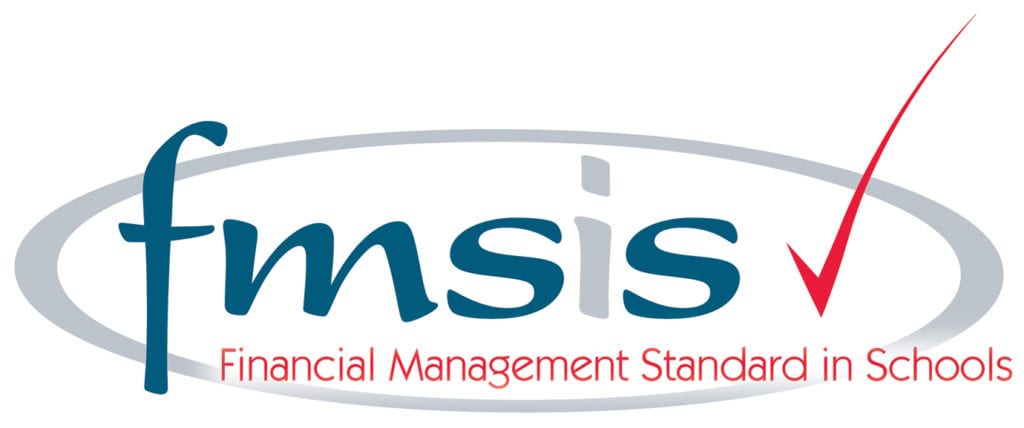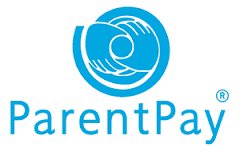Intent
At Kirk Merrington Primary School, we recognise the importance and value of Maths in developing resilient and independent learners who can apply their skills in a range of real-life contexts. Maths is a vital tool for understanding the world around us and confidence in Maths ensures children are ready for life’s challenges as 21st-century citizens! Reflecting our School Drivers, it is our intention to develop creative, curious thinkers who can use mathematics flexibly and have a positive approach to the subject. As a school, we have embraced the importance of a mastery approach across all key stages and we promote the idea that all children can be confident, competent mathematicians. Our curriculum is designed to encourage this and is underpinned by an understanding of the importance of mathematical language, patterns and connections and a willingness to explore, practise and problem solve. From EYFS up to Year 6, we understand that fluency in number work is crucial for children to be able to progress confidently and there is an emphasis on this, as well as a consistent expectation that all children can use their knowledge and skills to reason and problem solve in all areas of Maths.
Implementation
Our Maths curriculum is based on the mastery approach and the NCETM’s ‘5 Big Ideas’ both support and underpin our key principles of teaching. There is a recognition that all children can achieve, reflected in our high expectations and encouragement of high aspirations for all. We want to move away from the belief that some people ‘just can’t do Maths’ and embed a ‘can-do’ attitude in all our children.
EYFS Maths
The first few years of a child’s life are especially important for mathematics development. Research shows that early mathematical knowledge predicts later reading ability and general education and social progress.
Our Aim at Kirk Merrington, is for all children develop firm mathematical foundations in a way that is engaging, and appropriate for their age.
Our curriculum is based around 6 key concepts which underpin many early mathematics curricula. The children receive a carefully planned and sequenced curriculum following White Rose Education. Maths is taught daily but the activities and opportunities for mathematical learning are developed across the Reception provision.
There are six key areas of early mathematics learning, which collectively provide a platform for everything children will encounter as they progress through their maths learning at primary school, and beyond:
Cardinality and Counting
Understanding that the cardinal value of a number refers to the quantity, or ‘how many’ of things it represents
Comparison
Understanding that comparing numbers involves knowing which numbers are worth more or less than each other.
Composition
Understanding that one number can be made up from (composed from) two or more smaller numbers.
Pattern
Looking for and finding patterns helps children notice and understand mathematical relationships.
Shape and Space
Understanding what happens when shapes move, or combine with other shapes, helps develop wider mathematical thinking.
Measures
Comparing different aspects such as length, weight and volume, as a preliminary to using units to compare later.
Click on any thumbnail to view as a slideshow:
Maths for All
Children access the curriculum through whole-class interactive teaching, with an emphasis on coherent, small-steps progression, ensuring that concepts are mastered and understood in depth. This does not mean that there is no differentiation. Within the classroom, there is a focus on depth of understanding, rather than breadth, so children who grasp concepts quickly are challenged through rich and sophisticated problems and encouraged to explain and clarify their thinking in mathematical terms. Children who find concepts more challenging can be identified quickly and support given to consolidate understanding. Questioning within lessons is an invaluable tool to further differentiate and can also be used to identify misconceptions.
Coherence
At Kirk Merrington Primary School, we use White Rose Maths Hub to help plan and sequence our lessons. They are carefully designed to ensure a coherent, small-steps progression through the mathematical content; topics are taught in blocks to encourage deeper understanding and each unit builds progressively so that knowledge and skills can be embedded, reviewed and revisited. Connections between topics are highlighted and links made across all areas of Maths. There is also a welcome recognition of the foundations of mathematical learning, in that fluency and number sense underpin all topics.
Representation & Structure
Across all key stages, we recognise the importance of the CPA approach to mathematical learning (concrete – pictorial – abstract). Children learn in different ways and the use of varied representations and structures helps to develop a deeper understanding. We recognise that concrete apparatus has a key part to play throughout school, not just in EYFS and KS1 and can strengthen a ‘sense’ of number. Children are encouraged to use manipulatives whenever needed; supported by carefully-chosen structures, mathematical concepts become clearer.
Fluency
Procedural fluency and conceptual understanding are developed together through carefully-planned activities and tasks. We recognise the vital importance of fluency in basic number skills and this is reflected in our daily Calculations sessions in KS2 and in our adoption of the ‘Mastering Number’ programme in EYFS and KS1. Early development of number sense is an invaluable tool in creating confident mathematicians and we are confident that this focus on practical and transferable skills will prove beneficial. In addition, times tables and automatic recall of number facts are an integral part of our Maths lessons and children are encouraged to learn them to automaticity through the use of weekly Times Tables Olympics challenges and the use of Times Tables Rockstars and Mathletics. These foundations of Maths are crucial and, once children are confident, allow them to work more flexibly and accurately across all areas of Maths. We understand that intelligent practice is a vital part of learning.
Variation
Teachers use carefully-chosen examples and questions to encourage understanding of mathematical concepts. A range of resources are employed within the small-steps sequencing of lessons to ensure that children have the opportunity to ‘see’ the same concept in different ways. Variety is not the same as variation however and examples chosen build up knowledge in a carefully-structured way. Key questions further deepen understanding: ‘What is the same? What is different?’ This encourages children to recognise key concepts and think more flexibly, applying understanding to new and different contexts. As these skills become more embedded, a more open-minded, less rigid approach to Maths becomes possible. This is invaluable when reasoning and problem-solving, both in Maths and everyday life.
Mathematical Thinking
While fluency is crucial in Maths, so is the ability to use that knowledge to ‘dig’ deeper. We understand the importance of a supportive environment in Maths so that children have the confidence to explore and explain their thinking. Reasoning and problem solving are integral to the curriculum from EYFS onwards and we do not see it as a separate part of Maths, but as an extension of the process of learning. Maths is full of links and connections and children enjoy seeing these coalesce into coherent patterns. We encourage children to express their ideas independently and use their knowledge and developing skills to talk in mathematical terms, justifying their views. They can become increasingly sophisticated problem solvers and this helps them enormously across the curriculum.
Impact
Our curriculum impact will be measured not only in terms of results but in developing resilient, independent thinkers who see Maths as not only useful but fun! Children who enjoy Maths and have a positive view of it will inevitably be more successful and we want our children to have a deep and secure understanding of mathematical concepts and to be ready for the next stage at all steps in their primary journey. We intend to prepare our children for the 21st Century by equipping them with the skills they need to succeed. Maths is key to this and we embrace the challenge!
NCETM Progression Documents
The NCETM Progression Maps provide a clear overview of how children develop and build on their knowledge and understanding of key topics across the National Curriculum, from Year 1 to Year 6
1 Progression map place value
2 Progression map addition and subtraction
3 Progression map multiplication and division
4 Progression map fractions
5 Progression map ratio and proportion
6 Progression map algebra
7 Progression map measurement
8 Progression map geometry properties of shapes
9 Progression map geometry position direction and movement
10 Progression map statistics


